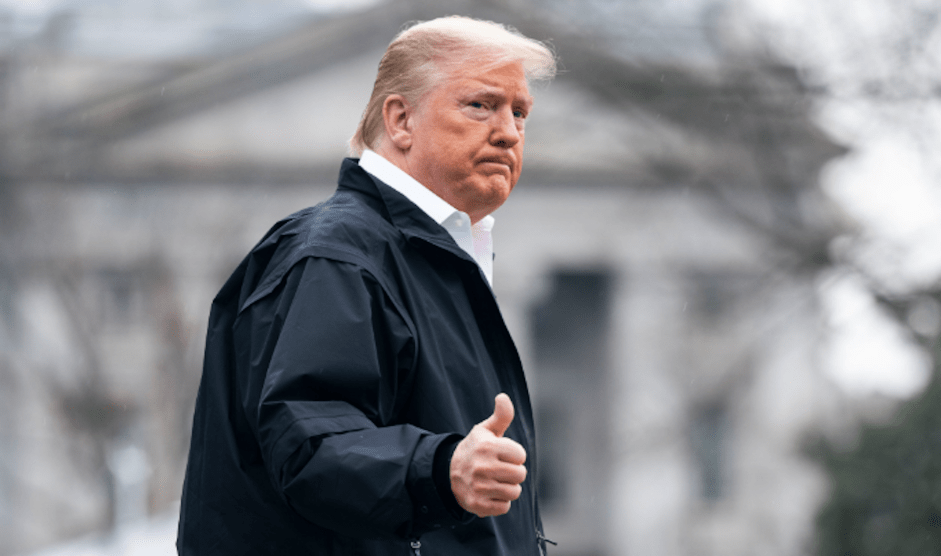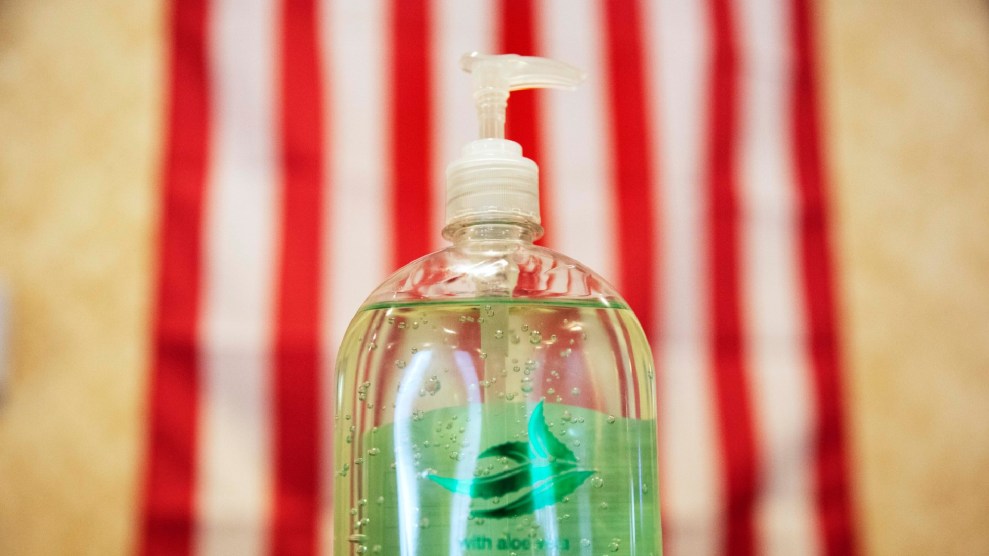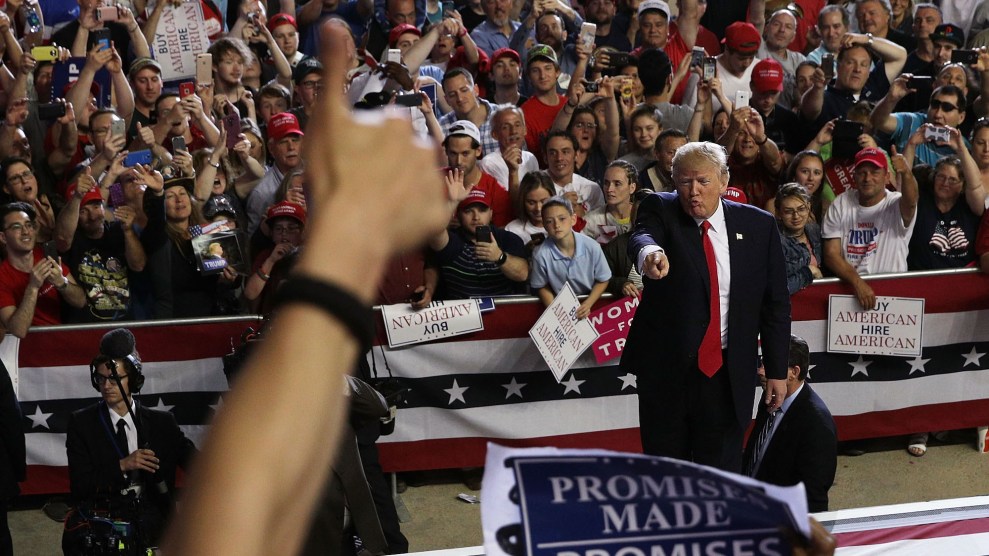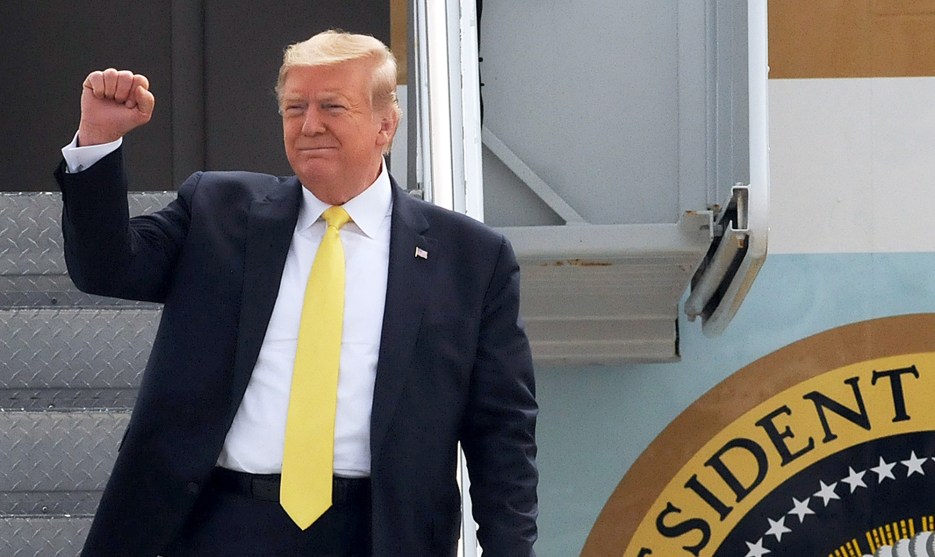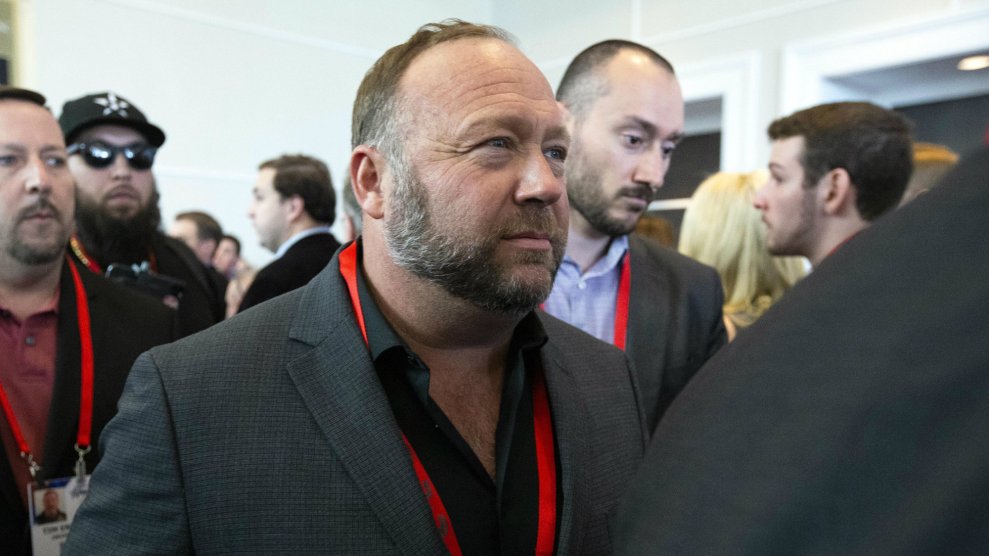
Jose Luis Magana/AP
As concern over the coronavirus continues to grip the world, misinformation is spreading almost as quickly as the epidemic itself. And some companies are trying to turn that misinformation into profit. Case in point: The US Food and Drug Administration and the Federal Trade Commission sent letters last week to companies warning them to stop selling products advertised to treat or prevent coronavirus.
According to the FDA, at least seven online companies were selling teas, essential oils, tinctures, and colloidal silver—which the FDA had previously warned was neither effective nor safe for treating any condition—falsely marketed as prevention and treatments for COVID-19. “There already is a high level of anxiety over the potential spread of coronavirus,” FTC chairman Joe Simons said in a statement released Monday. “What we don’t need in this situation are companies preying on consumers by promoting products with fraudulent prevention and treatment claims.”
On the website of one firm, a company called Quinessence Aromatherapy, the FDA found marketing for “essential oils to protect against coronavirus” and the claim that “there are a wide range of essential oils that have been clinically proven to possess antiviral properties.” Another company, N-Ergetics, was advertising colloidal silver as “a home remedy…that has worked effectively on coronaviruses successfully for the last 123 years.”
As the Centers for Disease Control and Prevention notes, there is currently no known vaccine to prevent coronavirus, and though pharmaceutical companies and medical scientists are hard at work on the problem, some caution that a vaccine will probably take months—or even years—to develop.
Since the letters were issued, the companies that were allegedly selling fake coronavirus products have all complied with the FDA’s concerns and removed the offending language from their websites and social media accounts. Three of the businesses—GuruNanda, LLC, Vivify Holistic Clinic, and Herbal Amy LLC—told Mother Jones that they immediately addressed FDA’s concerns upon receiving the letter. Quinessence Aromatherapy, N-Ergetics, and two other companies did not respond to requests for comment Tuesday.
The FDA says that warning letters are “just the first step” and cautions any business that might try to do the same thing that the agency is “prepared to take enforcement actions against companies that continue to market this type of scam.”
But that hasn’t stopped other efforts to profit from the panic over coronavirus: Conspiracy theorist Alex Jones used his platform Tuesday morning to hawk supplements for sale on the Infowars website that he claimed were “literally a stopgap” against coronavirus.
Alex Jones is claiming on air that a supplement that he sells, DNA Force ($90 for 120 pills), is the key to stopping the spread of coronavirus. According to the CDC, "There is no specific antiviral treatment recommended for COVID-19." https://t.co/M9rzMRT5Pv
— Timothy Johnson (@timothywjohnson) March 10, 2020
But for Jones, who was arrested Monday night on charges of driving while intoxicated, selling supplements he claims will help combat coronavirus appears to be in tension with other rhetoric he’s been spouting about the viral outbreak. For weeks, Jones and Infowars have been peddling the conspiracy theory that the “hysteria” surrounding coronavirus is another deep state ploy to destroy the country.
Beyond parody. pic.twitter.com/OR7cnqF3Vs
— Ben Collins (@oneunderscore__) March 10, 2020
A spokesperson for the FDA said he could not comment on whether Jones was violating law by advertising nutritional supplements as a “stopgap” for preventing coronavirus. Mother Jones also reached out to the FTC to see if Jones’ comments about the products—including one called “DNA Force Plus”—were a violation of law, but that spokesperson also declined to comment, stating that any such investigation would be “nonpublic information.”
The FDA said that it will continue to monitor social media, online marketplaces, and any complaints it receives for instances fake coronavirus treatments and notes that it has established a “cross-agency task force” solely dedicated to identifying fraudulent coronavirus products. “The FDA is particularly concerned that products that claim to cure, treat or prevent serious diseases like COVID-19 may cause consumers to delay or stop appropriate medical treatment, leading to serious and life-threatening harm,” the agency said in a press release.

